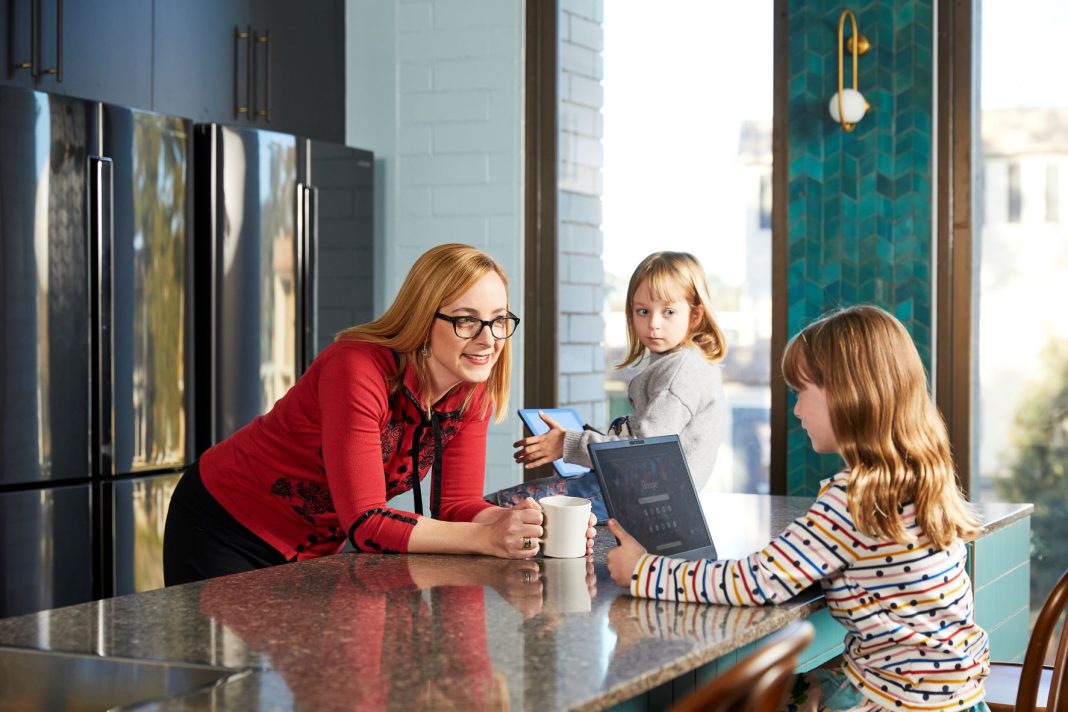Division and conflict between parents and teenagers can often be caused by clashing perspectives on the role digital media plays in our lives.
Working towards bridging the intergenerational divide, Dr Catherine Page Jeffery, Professor Kerry McCallum and Sue Atkinson are hosting eight workshops throughout November and December to promote mutual understanding for both parties.
The three women are researchers at the News and Media Research Centre at the University of Canberra and created the Safe Online Together project, aiming to generate anonymous data to inform research and future initiatives on the subject.
Dr Page Jeffery said the workshops are accessible, interactive, aimed at parents of children aged 10 to 15, and designed to inspire appreciation for each other’s concerns and perspectives.
“Parents don’t understand how important media is to children, they just see them glued to their phone and see it as a waste of time or dumbing them down. They don’t understand the variety of things they’re doing on their device and all the benefits of staying connected, supported, being informed and learning new things,” she said.
“So, we’re trying to do these workshops to give young people the opportunity to tell their parents what they value about media so they can understand, but also teach kids why their parents are concerned.”
The mother of two daughters, aged seven and 10, Dr Page Jeffery has recently started experiencing with her older child the difficulties that surround digital media use and parenting.
“I’m actually just really beginning to experience this firsthand and being able to empathise with parents about what they’re talking about, particularly as a result of my children getting older but also getting out of lockdown,” she said.
“These issues have become more salient because during lockdown we relied on technology for so many things like maintaining continuity with pre-pandemic life. My daughter has to isolate for two weeks right now, as she’s a close contact from school, so she’s been on Messenger Kids for the past hour, and I think it’s important to have that connection with friends.”
Dr Page Jeffery said issues will change depending on the age of the child, and talking to teens is particularly more challenging, especially when they’re on the cusp of adulthood as they’re entitled to a degree of privacy.
“Talking to parents directly, I’ve found that when trying to impose restrictions or rules is a pretty big source of conflict with families with lots of parents saying it’s too hard and creates too much tension. They tend to say they’re tired of having arguments and just have to trust them, and part of that is the lack of understanding between parents and children about media,” she said.
“Giving safety advice to teens to minimise risk is different to trying to manage device use, which would usually result in arguments, teens pushing back, or finding ways to circumvent the rules or restrictions.”
The Safe Online Together workshops are hosted between 23 November to 5 December, are free to join, and have been made possible by a grant from the eSafety Commission in 2020.
Visit safeonlinetogether.com or email [email protected] to register.
Get all the latest Canberra news, sport, entertainment, lifestyle, competitions and more delivered straight to your inbox with the Canberra Daily Daily Newsletter. Sign up here.



